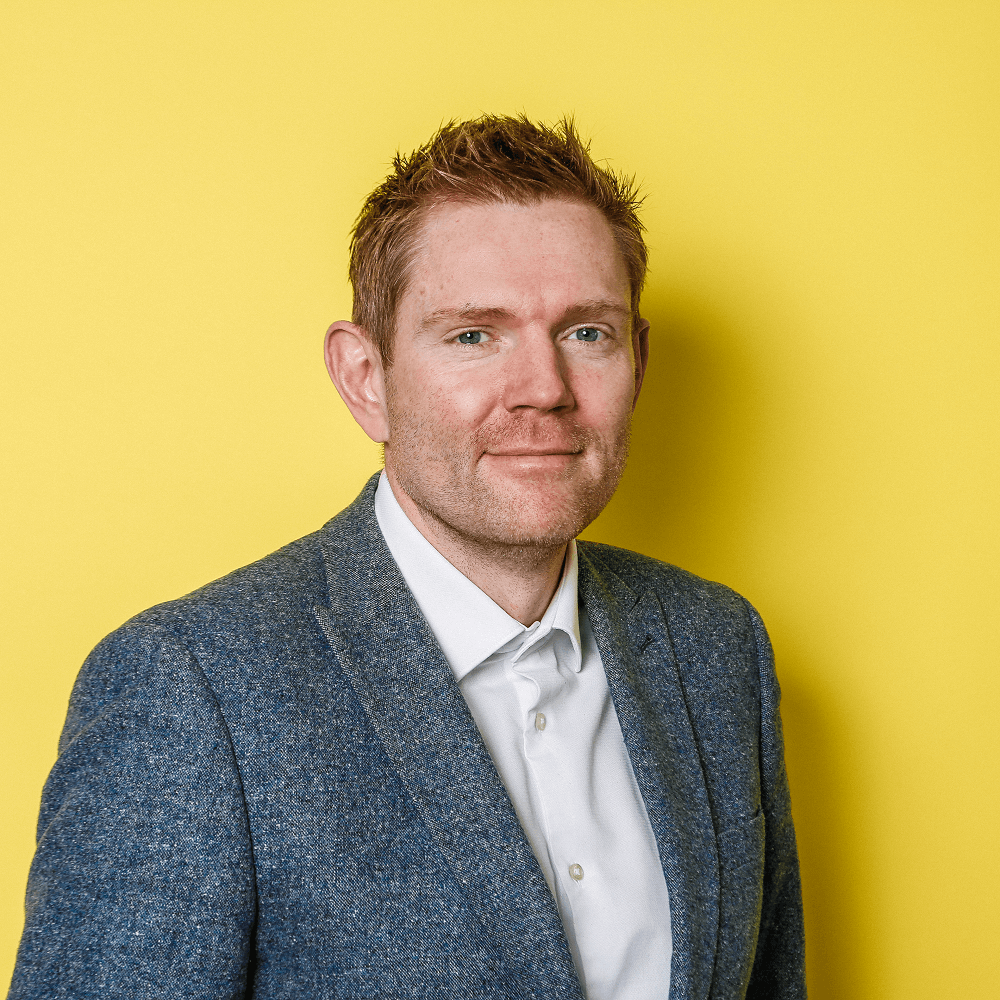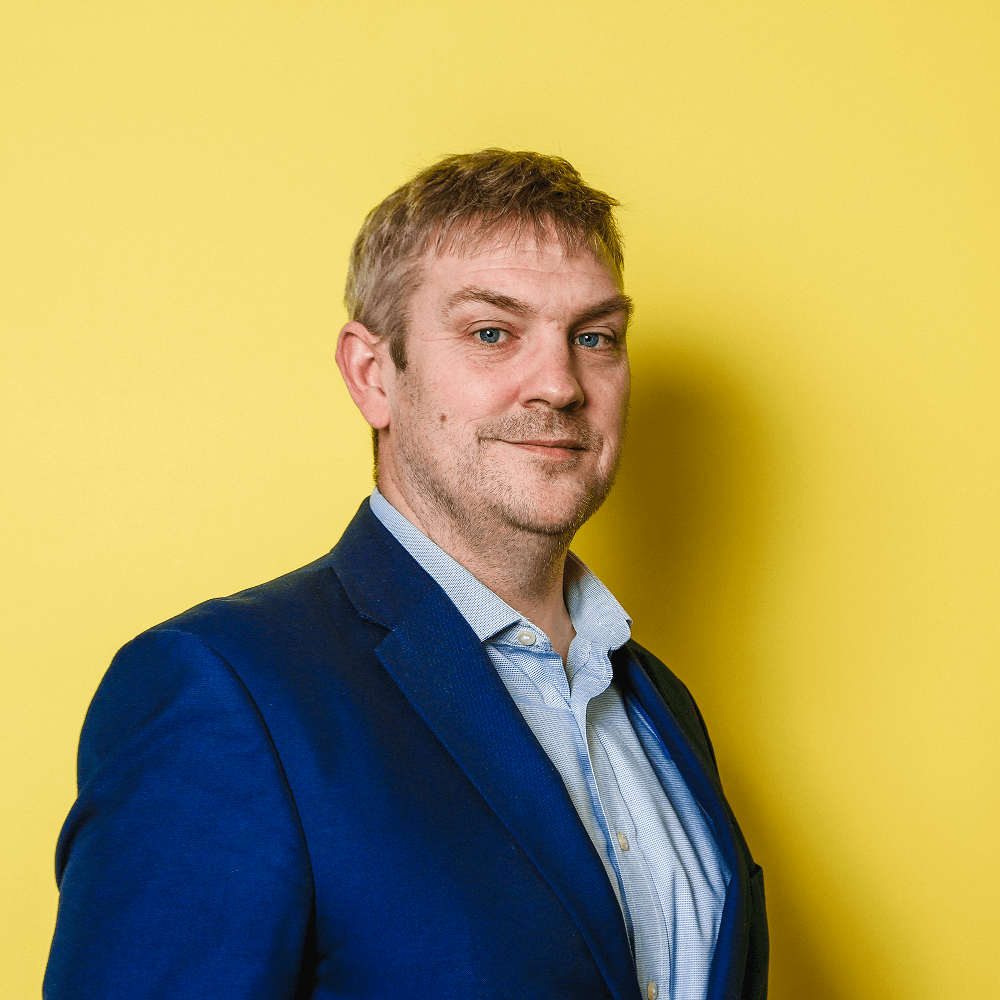Better Business

ON 13TH SEPTEMBER 1970, the New York Times published an essay by well-renowned economist, Milton Friedman, titled ‘The Social Responsibility of Business is to Increase its Profits’. In his essay, Friedman argued that the primary purpose of a company is to maximise profits for its shareholders. He said that a corporate executive should ‘conduct business in accordance with their [its owners] desires, which generally will be to make as much money as possible’. Maintaining that business has no responsibility for ‘providing employment, eliminating discrimination, avoiding pollution and whatever else may be the catchwords of the contemporary crop of reformers’, he declared that ‘business as a whole cannot be said to have responsibilities, even in this vague sense’.
Described by the Economist as the biggest idea in business shareholder theory has had an incredibly profound impact on our economies. As leader of the Chicago School of Economics and a front-runner for the Nobel Memorial Prize in Economics (which he won in 1976), people listened closely to Friedman and followed. The business community embraced Friedman’s doctrine, with a generation of Chief Executive Officers assuming an overriding focus towards making as much money as possible for their shareholders. The politics of 1970s and 1980s reinforced this mantra, with world leaders of Thatcher and Reagan (who appointed Friedman as one of his economic advisors) ‘championing ‘economic freedom’, enabling financial deregulation and encouraging a focus on making money as the “the solution”‘.
Fifty years on, our mainstream economies are still dominated by the concept which Friedman presented in 1970 of shareholder primacy, ‘maximizing the value of shareholders before considering the interests of other corporate stakeholders, such as society, the community, consumers, and employees’.
Today, unsurprisingly this approach manifests in societal challenges. Inequality is growing for more than 70% of the global population, with the UK one of the most regionally imbalanced countries in the developed world. Across the FTSE 100, the average CEO reward package is 119 times the median pay of a UK full-time worker. Currently, the world’s richest 1% own a staggering 44% of the world’s wealth. With businesses able to pursue profits at any cost, the environmental impact on our planet has been great. Rapidly rising carbon dioxide emissions has resulted in 2020 being the hottest year on record with unmatched hurricanes and wildfires. The Black Lives Matter movement has struck an all too familiar reminder that our societal systems, including our economic ones, historically and continues to perpetuate racial injustices. It is no shock therefore, that as these issues have come to the fore, that many people around the world have lost faith in both government and business. An annual trust barometer carried out in 28 countries by communications firm Edelman found that today there is ‘widespread mistrust of societal institutions and leaders around the world’.
The concept of shareholder primacy has been debated over the years, especially since the 2008 global financial crisis. Jack Welch, former CEO of General Electric, was ‘regarded as the father of the “shareholder value” movement’ in business by increasing General Electric’s value from $14 billion in 1981 to $400 billion in 2001. In 2009, he described the strategy of shareholder value as ‘the dumbest idea in the world’. Instead, he affirmed that a company’s ‘main constituencies are employees, customers and products’ and that it should strive for ‘long-term value’. In 2009, Unilever’s then new CEO, Paul Polman told the company’s shareholders at an AGM that he would not meet them quarterly. He presented his vision and strategy for Unilever to have a ‘strong commitment to being responsible corporate citizens’ and that ‘volume growth can be achieved profitably and sustainably to ensure long term value for shareholders’.
Some people think greed is good. But over and over it’s proven that ultimately generosity is better.
Paul Polman , Retired CEO of Unilever
Despite these examples, the vast majority of businesses and institutions have stayed loyal to Friedman’s doctrine. Only in most recent years have we started to witness significant milestones demonstrating both an urgency and appetite for change.
Larry Fink, leader of the world’s largest financial asset manager, Blackrock, writes an annual letter to the corporate CEOs of all firms within his portfolio. His 2018 letter titled A Sense of Purpose signalled an undeniable shift towards a more stakeholder-focused approach. He wrote that :
To prosper over time, every company must not only deliver financial performance, but also show how it makes a positive contribution to society… Companies must ask themselves: What role do we play in the community? How are we managing our impact on the environment? Are we working to create a diverse workforce?
A year later, the Business Roundtable – an organisation composed of CEOs from America’s largest corporations – committed to eliminating shareholder primacy from its corporate governance. Superseding all previous statements’ they declared that ‘each of our stakeholders is essential. We commit to deliver value to all of them, for the future success of our companies, our communities and our country’.
The principles that Blackrock and Business Roundtable outlined are based upon stakeholder capitalism. A fundamental shift from Friedman’s doctrine, this new approach directs companies to be responsibility to all stakeholders, not just shareholders but employees, customers, communities and society at large.
Many distinguished academics, not least Rebecca Henderson within her book ‘Reimagining Capitalism’, have advocated for a shift in capitalist philosophy; encouraging ‘business’ to simultaneously make a positive impact on the world whilst also delivering the sustained economic growth that brings prosperity and wellbeing to society as a whole’. This is a transformation that we seek to embrace.
At Akerlof, we are committed to upholding the principles of stakeholder capitalism. We strive to look beyond seeking differentiation and instead to make a difference. To enshrine our commitment to these principles we have sought Certified B Corporation (B Corp) status.
Certified B Corporations are businesses that meet the highest standards of verified social and environment performance, public transparency, and legal accountability to balance profit and purpose.
With 500 Certified B Corporations in the UK and over 3,500 globally, B Corp status is granted only after a robust impact assessment against five key areas, namely: governance, workers, community, environment and customers.
We have committed ourselves to the B Corp Declaration of Interdependence, ‘envisioning a global economy that uses business as a force for good’. Most importantly, in November last year, we updated our company’s Articles of Association to made it a legal requirement for us to consider the impact of our decisions on all of our stakeholders.
Within just over 2 years we have become a Certified B Corp.
We’re not social activists nor do we expect to solve problems at a societal or even industry level. That that doesn’t stop us however from making conscious choice – to do what is right, for the greater good. B Corp is an outward signal of our internal purpose and commitment to deliver better economic, environmental and social outcomes.
To create betters not just goods.




